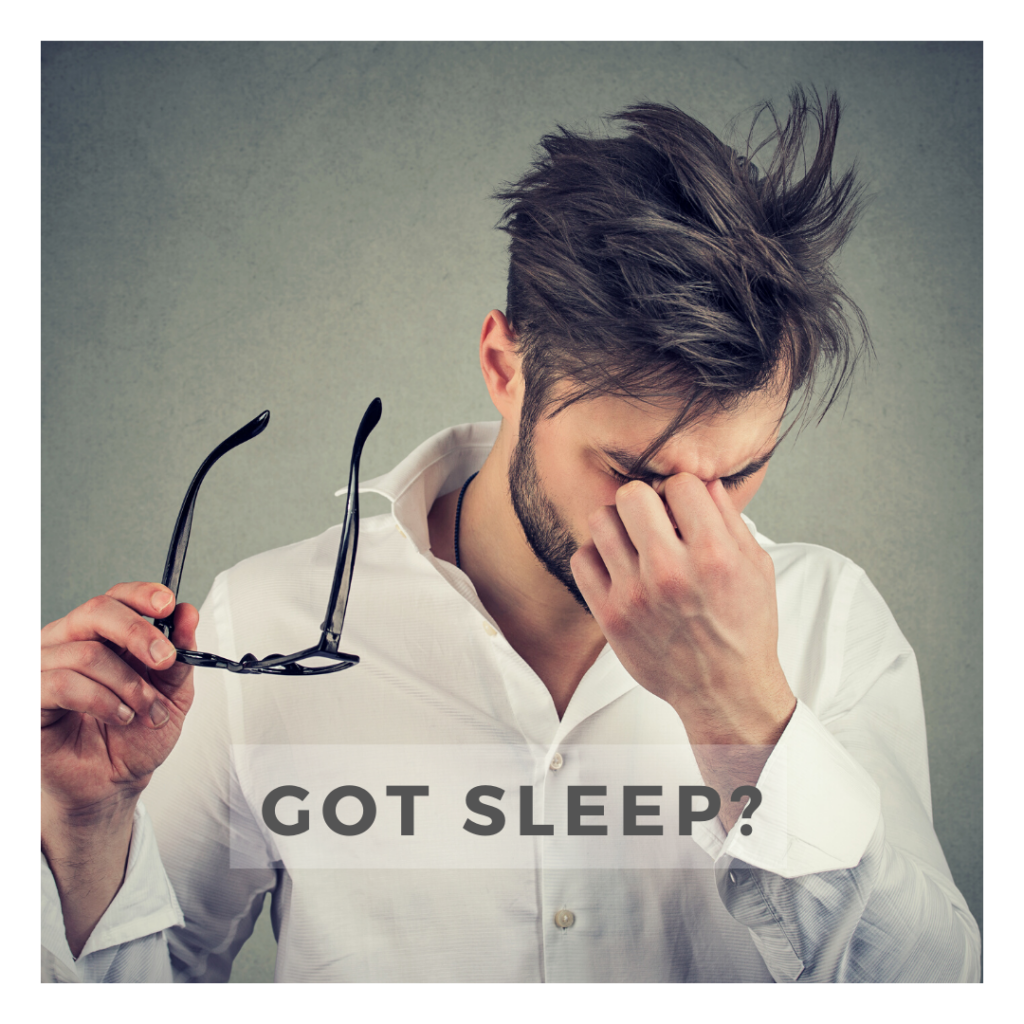Did You Know, Lack of Sleep Can Impact Your Vision?
Are you getting enough sleep? If not, you could be impacting the health of your eyes. At Sleep Apnea Dentists of New England, we realize that today’s fast-paced world typically results in insufficient sleep. Trying to squeeze in a good night’s rest can be difficult with everything that needs to be completed in the course of one day. Dark circles are a dead give away that you are not getting enough sleep, but your overall eye health is being affected more than you know.

Vision Problems Related to Poor Sleep
Studies have proven that the average person requires 6-8 hours of sleep per night in order to replenish. If you are getting less than six hours of sleep, your eyes do not get the restoration they need. Some of the following warning signs are indication that your eyes are not getting enough rest:
- Eye spasms. Ever get that rapid twitching of your eye? Those involuntary spasms are called myokymia. They are involuntary eyelid muscle spasms. They are harmless, but they are a good warning sign that you should be paying more attention to getting a good night’s rest.
- Broken blood vessels in the eye. Though they are usually not painful, the “bloodied eye” look is definitely not very appealing.
- Dry eye. When your eyes are unable to properly lubricate overnight, you may get dry eyes. Dry eyes cause light sensitivity, itching, redness, and sometimes even blurred vision.
- A more serious eye condition as the result of sleep deprivation is known as Anterior Ischemic Optic Neuropathy (AION). This is typical for middle-aged individuals who suffer from sleep apnea. Over time, damage to the optic nerve from insufficient blood supply can eventually cause vision loss.
Better Nights for Better Vision
Try to make a routine plan for preparing for bed at night. If falling asleep is a daunting task, here are some suggestions:
- Drink chamomile tea approximately 30 minutes before bedtime.
- Read a book for fifteen minutes before falling asleep.
- Do not exercise just before going to bed. When you exercise, you raise your metabolic rate and falling asleep will be more difficult.
- Reduce stress and decompress with essential lavender oil and positive messages to yourself.
- A lukewarm bath with some aromatherapy candles and a good book is a great way to unwind your body and mind.
Your eyes are not the only muscle that suffers from insufficient sleep. There are several additional health risks associated with poor sleep. Visit our website for a more extensive list of health risks associated with poor sleep.
Meanwhile, it is important to remember that your eyes are working all day long. Sleep is the only time they have to restore and regenerate. Therefore, it is extremely important to make sure they get their rest so you may continue to enjoy healthy vision.
Want to learn more about better nights for better days? Contact Sleep Apnea Dentists of New England today!
